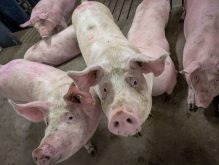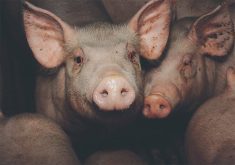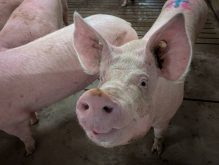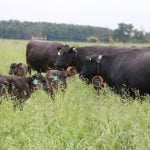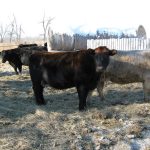International cooperation is essential for managing livestock diseases, says Cam Dahl, general manager of Manitoba Pork.
Dahl was referring to discussions at the 31st Tri-National Agricultural Accord held in Saltillo, Mexico in October.
“There were a lot of discussions around disease and how we work together on potential problems, something that’s absolutely critical,” says Dahl.
Read Also
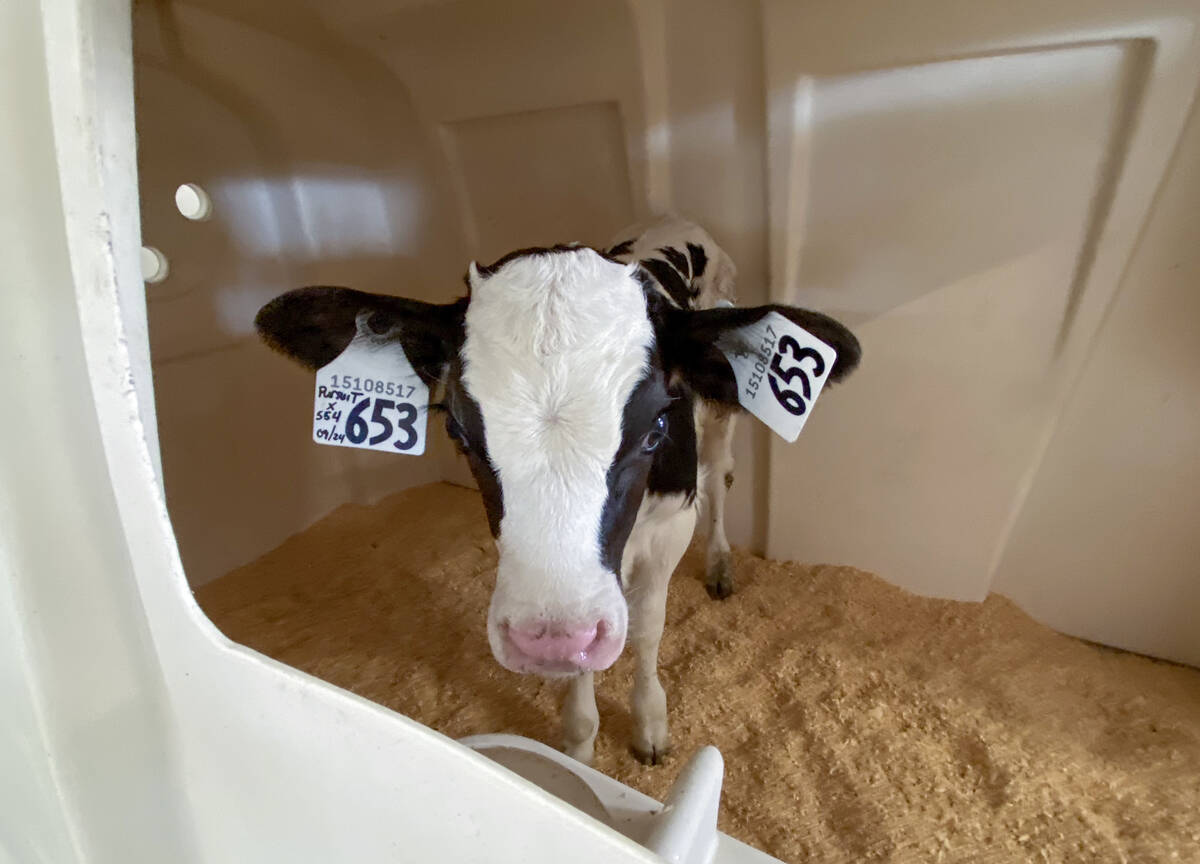
Plan toward better calves for healthier, more profitable dairy herds
Improved colostrum management, nutrition, and prevention-first health calf programs are boosting herd profitability, efficiency, and milk production.
Manitoba Agriculture Minister Derek Johnson led the Canadian delegation and joined his American and Mexican counterparts for the three-day accord to discuss improving trade across North America.
“It is critical that Manitoba agricultural companies, organizations and other stakeholders emphasize with their partners in Mexico the importance of strategic relationships and alliances that benefit both jurisdictions,” said Johnson in a government press release.
“Mexico is a particularly important market for Manitoba’s agricultural and agri-food sectors and industries.”
[RELATED] App to help Squeal on Pigs
Johnson co-chaired a bilateral meeting with the U.S. as well as tri-country meetings on harmonization, rural development and animal health. He says the annual meeting has been an effective tool for building relationships between the three countries.
Animal health was one of the priorities for this year’s accord, and that brought the One Health approach to managing animal diseases to the forefront. One Health is a holistic approach that looks at an issue from all sides.
“It’s a concept that’s been around for some time and it’s a good one,” says Dahl.
“Some of the issues that we’re dealing with cross multiple departments. They’re complex issues that shouldn’t be addressed by just health or just agriculture. They need to come up with a joint solution that spans the entire government.”
Dahl points to the wild pig issue.
“It is something that we’re concerned about because of the potential disease spread that we’ve seen in other parts of the world,” he says, noting African swine fever (ASF) outbreaks have been linked to wild pigs.
In Germany, for example, an outbreak in 2020 that was thought to have come from wild pigs in Poland, led to a Chinese ban on German pork imports.
“ASF isn’t here yet, but it has been devastating elsewhere in the world,” says Dahl. “So if the agriculture and health departments in Canada, the U.S. and Mexico all have an understanding of how to deal with it if it comes to one of our three countries, we will have a well-thought-out and common response.”
[RELATED] Funds lined up for programs, planning against swine fever
And that response wouldn’t just be about the disease. There would also be a trade response. Domestically, it would include things like how zones are established within the country.
“For example, if something happened in Atlantic Canada, the Prairie provinces could continue to trade pork into the west,” he says.
“Those kinds of discussions now are critical and very important to offset the potential financial hit from a foreign animal disease,” says Dahl. “It’s hard to execute, but it’s a really worthwhile goal.”
Other priorities discussed during the accord included climate resiliency, food safety, food supply and production, infrastructure, international trade and harmonization and workforce development.
Delegates also discussed the COVID-19 pandemic and its effect on vulnerabilities in international movement of products and services.





